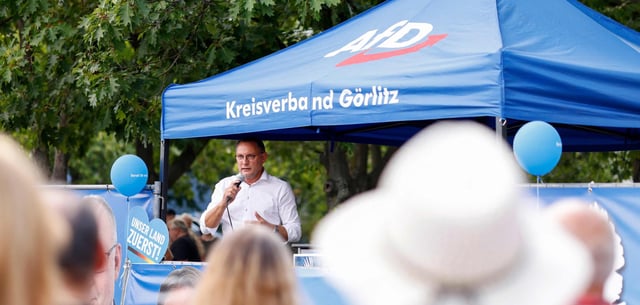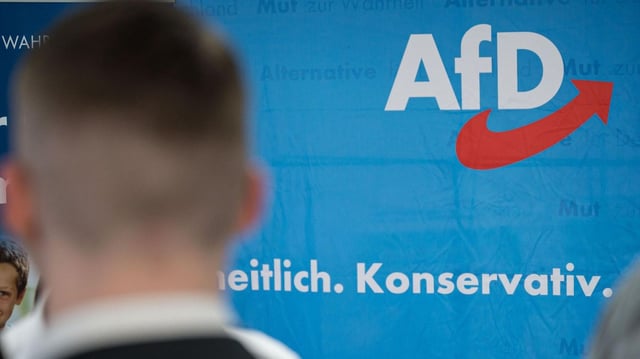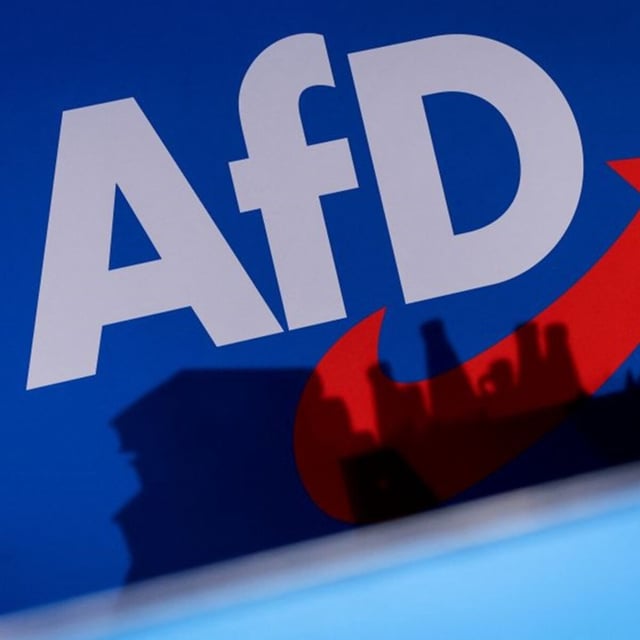Overview
- The study, conducted by Harvard professor Daniel Ziblatt and commissioned by the Berlin Social Science Center, analyzed over 11,000 municipal and district council meetings from 2019 to 2024.
- Findings show that representatives from established parties cooperated with the far-right AfD in 19% of cases, challenging the commitment to avoid collaboration.
- Fringe parties and independents, such as the Free Voters, had the highest cooperation rates at 86.5%, while the FDP and CDU cooperated in approximately 38% of cases.
- No significant differences were found between East and West Germany overall, but rural areas in East Germany exhibited higher cooperation rates than urban areas.
- The study warns that such cooperation risks normalizing and legitimizing radical right-wing forces, potentially enabling their consolidation of power within democratic structures.



